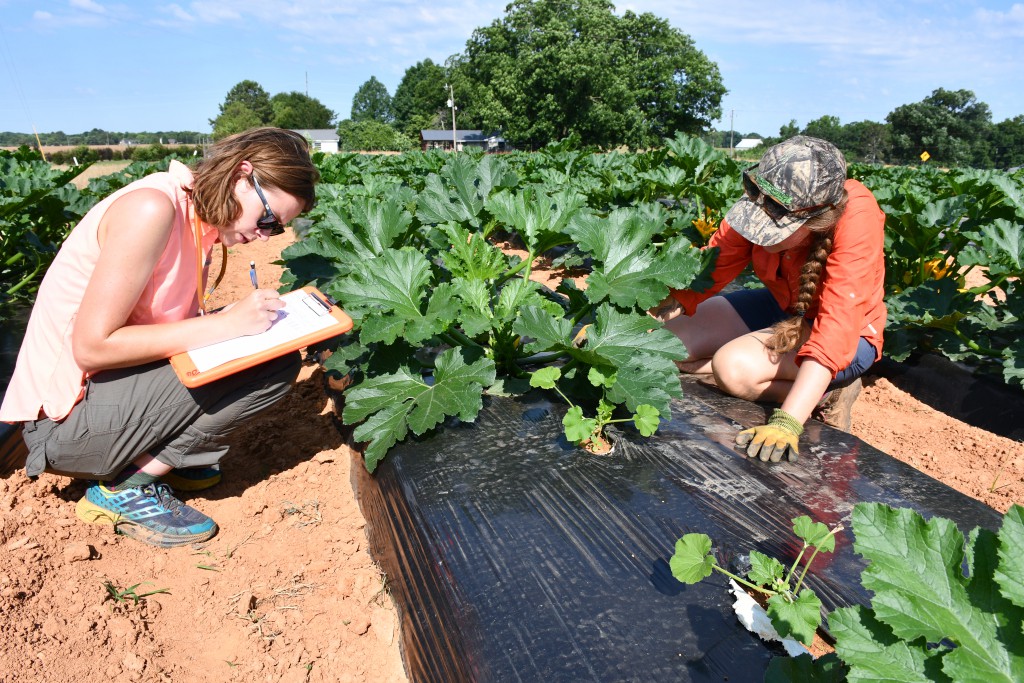
University of Georgia Insect Ecology Professor Carmen Blubaugh is researching methods to help organic farmers in the Southeast, according to the University of Georgia Integrated Pest Management Blog.
Farmers in the Southeast contend with year-round insect, weed and disease pressure, due to its hot, humid climate. Those challenges are amplified for organic producers, since chemical inputs are limited.
Blubaugh and her research team have implemented trials at the Durham Horticulture Research Farm in Watkinsville, Georgia. They’ve also collaborated with more than 40 organic producers throughout the state, observing different components of organic management.
“Much of our work examines how agricultural biodiversity influences pest and weed control services,” Blubaugh explained. “We want to provide strategies for organic farmers to leverage biodiversity and natural processes to nourish and protect their crops profitably while reducing the need for costly external inputs that simply meet the nutritional needs of crops in the short-term.”
A focus of these research trials center on establishing a refuge for beneficial insects. Organic producers can capitalize on the ecosystem to help control unwanted insect pests. This would be especially important as pesticides are never 100% effective, said UGA student Allison Stawara.
Another focus is understanding the insect defense mechanisms. The yellow margined leaf beetle is an invasive species that is an annual pest of brassicas in organic production. UGA is studying its defense mechanism that it uses to ward of predatory beneficial insects.
A final focus is centered on fertility management. UGA is studying the impact that too much nitrogen can have on organic production.
You can follow the Blubaugh lab by visiting the Insect Ecology in Sustainable Agroecosystems website, where you’ll also find helpful publications and a list of farmer collaborators.









